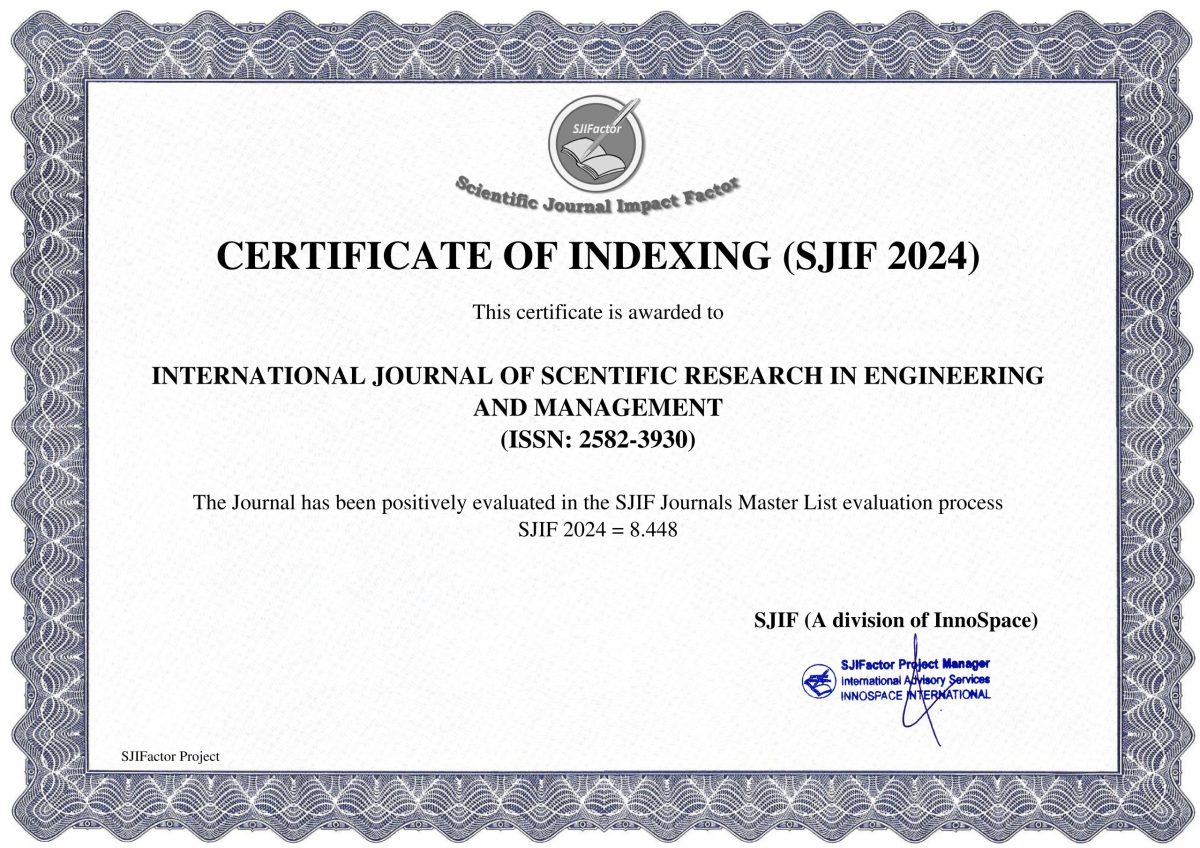- Version
- Download 32
- File Size 546.67 KB
- File Count 1
- Create Date 09/12/2023
- Last Updated 09/12/2023
Impact of Climate Change on the Production of Cardamom in one of the Chiwog under Samtse Dzongkhag, Bhutan
Impact of Climate Change on the Production of Cardamom in one of the Chiwog under Samtse Dzongkhag, Bhutan
Chheku Wangchuk1, Kinley Dem2, Karma Nidup3, Tshelthrim Pelden4, Dorji Wangdi5, Karma Dorji6
1Yebilaptsa Central School, Ministry of Education and Skills Development, Bhutan
Email: wchheku777@gmail.com
2Zhemgang Central School, Ministry of Education and Skills Development, Bhutan
Email: kinleydem1@education.gov.bt
3Wanakha Central School, Ministry of Education and Skills Development, Bhutan
Email: karmanidup@education.gov.by
4Nganglam Middle Secondary School, Ministry of Education and Skills Development, Bhutan
Email: tshelthrimpelden@education.gov.bt
5Radhi Middle Secondary School, Ministry of Education and Skills Development, Bhutan
Email: dorjiwangdi2016@education.gov.bt
6Sherubgatshel Middle Secondary School, Ministry of Education and Skills Development, Bhutan
Email: karmadorji55@education.gov.bt
Abstract
Cardamom plantation is one of the most lucrative commercial farming, especially in southern parts of Bhutan. Cardamom is their main source of income generation. However, the production of cardamom has declined over the past years and farmers claimed that climate change is the main reason. Climate change is a global phenomenon that has far-reaching implications for agriculture, particularly in regions characterized by their sensitivity to climatic variability and Bhutan is no exception. Nevertheless, it is unclear how climate change has affected cardamom production. Therefore, it has become necessary to study how climate change hampers the production of cardamom. The aim of this study is to explore the impact of climate change on the production of cardamom (Elettaria cardamomum) in one of the Chiwogs, under Samtse Dzongkhag. Farmers of this Chiwog mainly depend on cardamom for their livelihood and it is the backbone of their livelihood. To understand the impact of climate change on cardamom growers, the study has adopted a mixed method as a research approach. The study reveals that local farmers are already experiencing the consequences of climate change like erratic temperatures and rainfall declining the yield of cardamom. The increasing number of pests and disease outbreaks in cultivated land are creating challenges for the farmers depending on cardamom for living. Adaptive measures, such as altering planting and harvesting schedules and introducing new cardamom varieties resilient to changing conditions, are essential for mitigating these impacts. Furthermore, community-based efforts, enhanced access to climate information, and support from relevant agencies are necessary to ensure the long-term sustainability of cardamom production in the region. The study highlights the urgent need for proactive climate adaptation strategies and underscores the importance of a comprehensive understanding of climate change impacts on agricultural systems, especially in vulnerable regions. The findings provide valuable insights for policymakers, researchers, and local communities to foster resilience and sustainable cardamom production in the face of a changing climate.
Keywords: climate change, cardamom production, climate adaptation, pest and diseases, socio-economic impacts.







